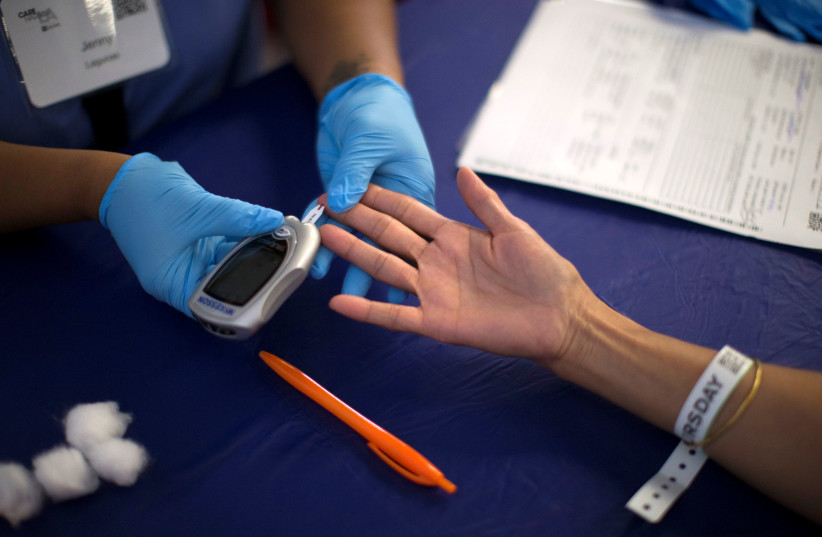Babies born with less than average weight have a significantly higher chance to develop Type 2 Diabetes, a new study warns.
The study found that for every additional kilo at birth, there is a connection to a 40% decrease in the risk to develop the disease, a trend that continues to the highest birth weights.
On the other hand, every kilo less at birth show a connection to developing diabetes 3.3 years earlier than average.
The study was conducted by scientists at the Steno Diabetes Center in Denmark and Lund University in Malmo, Sweden. They found that these children have a higher risk to be in need of diabetes medicine and are more prone to co-morbidities like high blood pressure.
The birth weight of a baby in the Western world is about 3.5 kg at birth, on average. A healthy weight should be between 2.5 and 4.5 kg.

The risk is not limited to type 2 diabetes
The study that was published in the journal Diabetologia found that children weighing under three kilos at birth were at higher risk for co-morbidities, with a 36% higher probability to contract three or more additional illnesses and an increased chance of 26% for severe systolic hypertension.
The research further showed that children weighing under three kilos had a higher chance to be diagnosed with diabetes at a younger age and had a 33% increased risk to be in need of three or more glucose-reducing drugs.
Dr. Rasmus Wiebak from Steno Diabetes Center emphasized that the incidence rate of type 2 diabetes across different ages was particularly high in people born with a lower birth weight compared to those with a higher birth weight.
"The study shows that a negative fetal environment which is reflected in low birth weight is a strong risk factor, non-genetic, and not just to develop type 2 diabetes itself but also to develop a worse sub-strain of type 3 diabetes with earlier sickness symptoms, more complications and co-morbidities, as well as with an increased need for clinical care and medical treatments," the researchers wrote in a media announcement.
"The effect of low birth weight appears to be independent of the effect of genetics and obesity, low birth weight should be considered a screening criterion for type 2 diabetes with the same importance as a positive family history of diabetes," the team concluded.
